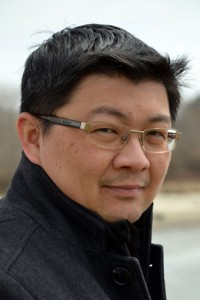
KUALA LUMPUR, Sept 26 (Bernama) — Universiti Kebangsaan Malaysia (UKM) Professor of International Relations Dr Kuik Cheng Chwee has been ranked among the world’s top two per cent of scientists in the 2025 list.
In a statement today, UKM said the list, jointly released by Stanford University and international academic publisher Elsevier, named Kuik to the “Annual Impact Ranking,” making him the only Malaysian scholar in the subfield of International Relations to be included, and marking the third consecutive year he has been featured.
The list showed that 190 scholars were selected in the subfield of International Relations, including 21 from Asian institutions, with Kuik placed 14th.
“Currently a visiting scholar at Kyoto University in Japan, Professor Kuik is recognised as a leading figure in the study of Hedging Theory within international relations in recent years, and an academic leader in international strategy and development cooperation in Southeast Asia,” the statement said.
Kuik’s research areas include the alignment behaviour of weaker states, regional multilateralism, East Asian security, China-ASEAN relations, and Malaysia’s foreign policy.
Kuik has previously served as a Postdoctoral Fellow at the Princeton-Harvard China and the World Programme (CWP), as well as a visiting researcher at the Department of Politics and International Relations at Oxford University.
The World’s Top Two Per Cent Scientists list is based on an analysis of citation data from the Scopus database and evaluated using six key metrics including total citations.
The evaluation spans 22 scientific fields and 176 subfields, selecting the top two per cent of nearly seven million scientists worldwide.
The list is divided into the “Annual Scientific Impact Ranking,” which highlights achievements over the past year, and the “Career-long Scientific Impact Ranking,” which recognises a scientist’s overall career impact.
As a benchmark for assessing research performance, the list objectively reflects the global influence of scientists and their contributions to their respective fields.
–BERNAMA